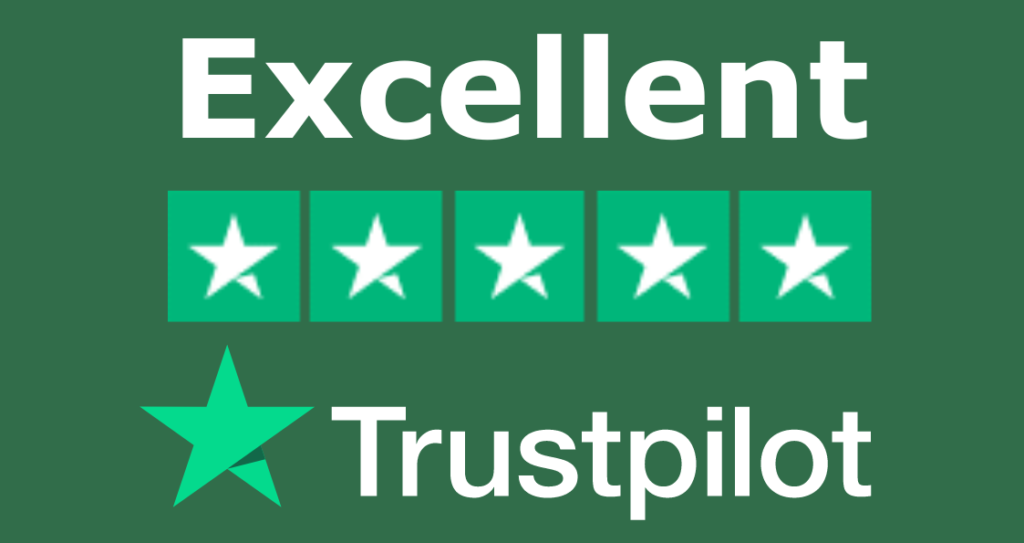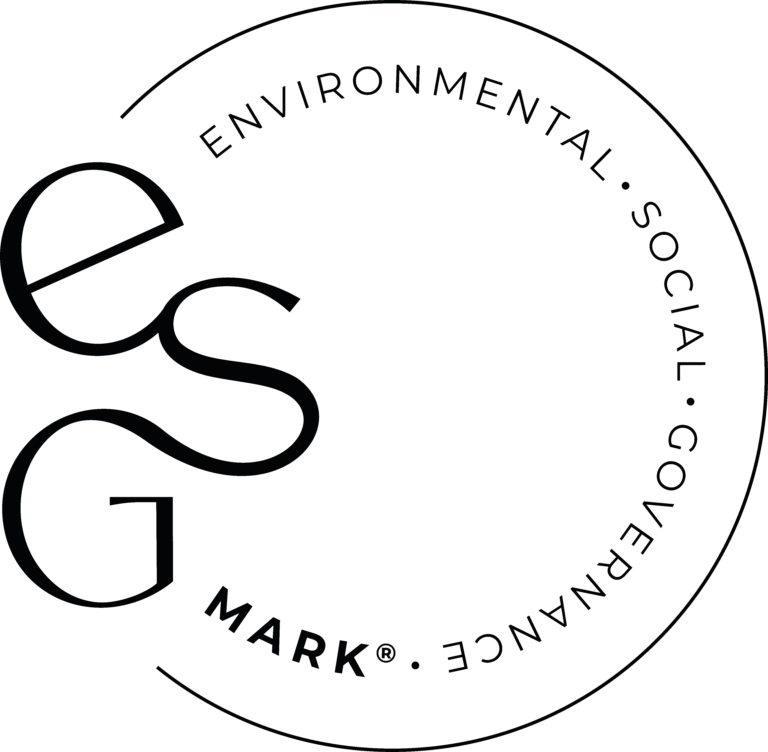With air quality worsening across major cities and studies highlighting its detrimental effect on health and productivity, businesses and insurers alike need to reassess the risks that polluted air poses, not just to workers but also to the professionals advising and managing these risks.
The Impact of Poor Air Quality on Businesses and Their Advisors
Rising Claims in the Health and Workers' Compensation Sectors
Poor air quality has long been associated with various health risks. The World Health Organization (WHO) has consistently highlighted the harmful effects of fine particulate matter (PM2.5) and ground-level ozone on respiratory health. With more than 90% of the world’s population exposed to unsafe air quality, the issue is increasingly reaching a point where businesses are directly affected. From sick days to diminished worker productivity, the economic consequences are clear.
For companies, the impact is more than just an internal concern; it also raises potential exposure for those offering professional services to industries. Professional Indemnity insurance protects professionals and businesses from claims alleging errors, omissions, or negligence in their services. As air pollution increasingly becomes a major environmental issue, businesses in sectors such as construction, environmental consulting and health services may find themselves facing greater liabilities. Consultants and engineers, for instance, may be questioned if their advice fails to adequately address air quality concerns in their projects.
While the health implications of poor air quality are well-documented, the connection to professional indemnity insurance is more nuanced. The workers’ compensation and health insurance sectors are already noticing a surge in claims, driven by the health consequences of air pollution. Professionals involved in health services, urban planning and construction management are already encountering claims related to inadequate risk assessments or failure to consider air quality in their projects.
In the U.S., air pollution is already costing the economy billions annually in lost productivity and healthcare costs. Many of these costs, however, are not yet fully reflected in insurance losses, but the growing awareness of air quality’s long-term impact could lead to more claims across various sectors. PI insurers should be mindful that businesses providing advice in these high-risk sectors may face increased exposure as these issues become more prominent in the public and regulatory eye.
Professional Advisors Must Consider Air Quality in Risk Management
One of the main challenges facing businesses and their advisors is the inability to fully assess the extent to which poor air quality may impact their clients. Whether working on a construction project or advising on urban development, environmental consultants and engineers must consider air quality as part of their risk management approach. However, many businesses still struggle to quantify the financial impact of air pollution in terms of operational costs and insurance risk.
As the evidence mounts linking air quality to increased respiratory diseases and diminished workforce productivity, it becomes increasingly clear that failure to properly address this environmental risk could result in claims under PI policies. Professionals who fail to account for environmental health risks may also face lawsuits from clients or regulatory bodies, leading to costly settlements or damages.
For example, construction firms and architects involved in projects where air quality management is not integrated could find themselves in legal jeopardy if their negligence results in harm to workers or the local community. This can extend to professional indemnity insurance claims if consultants or engineers advising on such projects fail to account for environmental risks in their reports or designs.
Building Better Risk Management Practices and Insurance Models
There is an urgent need for businesses to adapt their practices in response to the growing air pollution crisis. Risk management strategies must evolve to include air quality assessments, particularly in industries where air pollution could directly affect workers or the surrounding environment. Professional indemnity insurers, too, must evolve their coverage models to accommodate the changing risk landscape. This could mean adjusting premiums for sectors with higher exposure to environmental risks, such as construction, urban planning and public health services.
The shift toward more environmentally conscious and sustainable business practices will likely lead to a reduction in air pollution-related claims. Insurers can play a significant role in encouraging businesses to adopt cleaner technologies and practices, by offering incentives or discounts for those taking proactive steps to mitigate pollution.
As an example, insurers could promote policies that reward the use of green technologies, sustainable building practices or companies that invest in air filtration systems and other environmental mitigation strategies. Such measures could not only reduce the risk of air quality-related claims but also encourage wider industry-wide adaptation to the pressing global environmental issues.
Preparing for the Next Generation of Claims
The growing risks associated with air pollution make it clear that professional indemnity insurers must address environmental factors more seriously. With poor air quality now recognised as a significant factor in global health and economic productivity, businesses in various sectors, especially construction and environmental consulting, may soon face an uptick in claims linked to inadequate environmental management.
For insurers, staying ahead of these trends and encouraging clients to adopt robust risk management strategies will be critical to mitigating the potential financial impact of claims in the future. As the conversation around environmental risk continues to gain momentum, professional indemnity insurers must take proactive steps to adjust their offerings and ensure their clients are prepared for the challenges of an increasingly polluted world.















